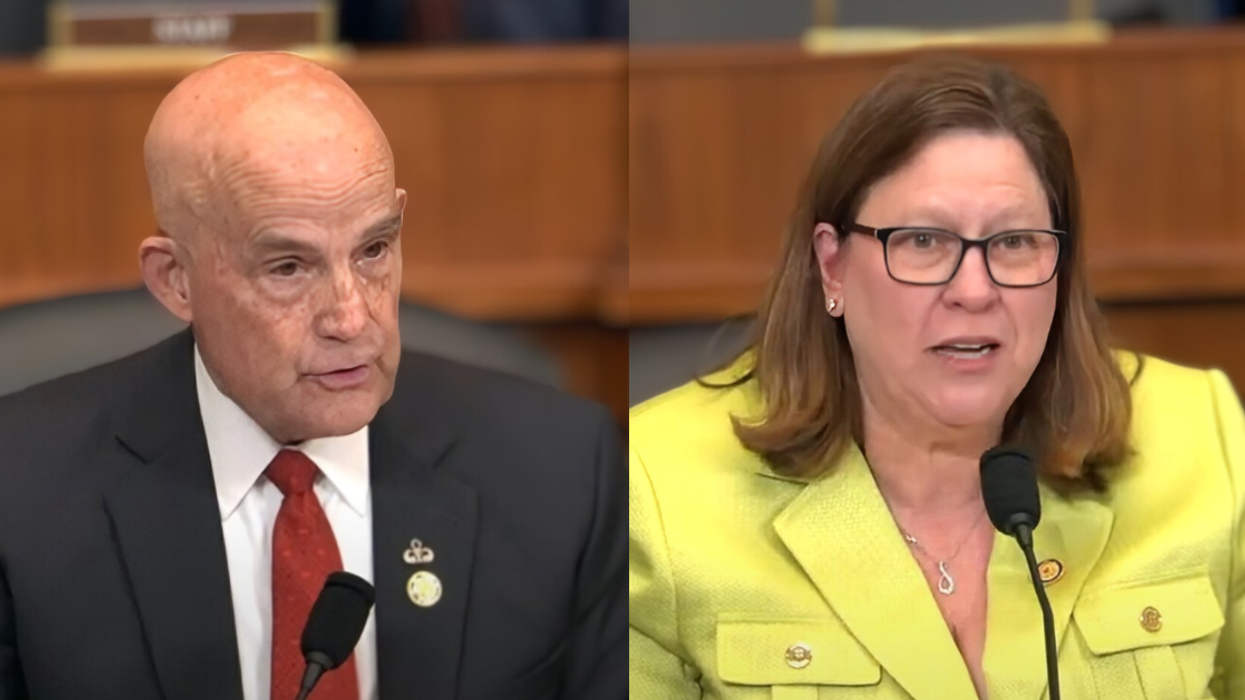If an expert told you that your power rates were going way up, but your energy bills would go down such that you’d end up paying less than before, would you be more interested in renewable energy?
It’s more than an academic question; it’s the story being told in many countries throughout Europe, countries that are making a concerted effort to cut their greenhouse gas emissions by switching to renewables.
Germany offers just the most recent example: over Christmas, Germany produced so much green energy that it actually paid customers to use it. About $60 a megawatt hour.
It sounds insane, but that’s exactly how the system is supposed to work. In places like Germany, Belgium, Switzerland and Denmark, which produce copious amounts of green energy used by homes and businesses boasting smart meters, the price you pay for energy fluctuates wildly depending on the time of day. Structuring fees this way encourages people to use energy wisely, perhaps by reducing use during peak hours when rates are higher, and running appliances that use a lot of energy during slow periods when you pay a pittance.
Germany has poured more than $200 billion into developing renewable energy sources since the Kyoto Accord, so the supply of clean energy is ample. In fact, about one-third of Germany’s energy output in 2017 was green. Over Christmas, a “perfect storm” occurred. Businesses were shuttered for an extensive holiday, the weather was sunny and unseasonably warm, and the grid system had far more energy on in the pipeline than people could use. To encourage them to use the available energy, the rate for power dipped below zero, so utilities were essentially paid for the use energy in the system.
Obviously, German customers aren’t expecting a check from the power company anytime soon. Rather, periods of negative power rates are applied to future bills to bring down the overall cost.
And that’s why countries in the vanguard of the fight against global warming are actually lowering power bills for most of their customers, even though, sometimes, their power rates can still be high by North American standards.
It should be just as obvious that power utilities don’t ever want to waste energy, and that remains the biggest hurdle in creating a renewable economy. The ability to generate renewable power still outpaces the the ability to store renewable energy. Battery technology lags renewable technology, improving every year, but in increments, not leaps. That means that houses equipped with state-of-the-art storage options still can only pack away a day or so of energy — maybe closer to two days if they have an electric car (EV batteries can augment home power systems and recharge overnight when rates are low).
Many utilities are working on inventive solutions. Some use excess energy to turn water into hydrogen, which can be burned like gas or coal to augment spikes in power. Others have built artificial lakes — with, say, one on top of a hill — that sends water through turbines to a lakes below. Others solutions might bury high pressure steam (created by renewable energy) below ground, and release it to power turbines when the grid needs to boost output.
In this way, renewable energy has the potential to be much more efficient than the fossil fuel industry, which seldom rises above 40 percent efficiency. In England, renewables now produce three times as much energy as coal.
Another solution is to build a modern grid that connects states, provinces, regions, and countries to have a truly flexible energy system.
In the meantime, as more renewables come on line, expect more stories like this one. It might be in the UK or France or Denmark but, with hard work and real investment, could be a North American story in a few years.















